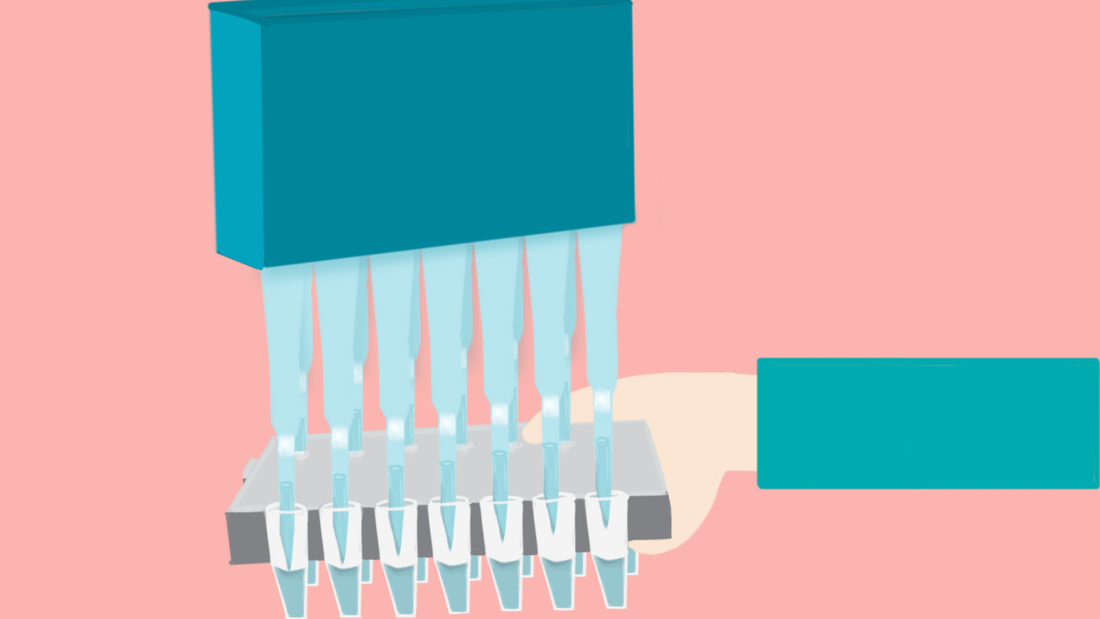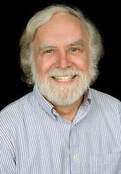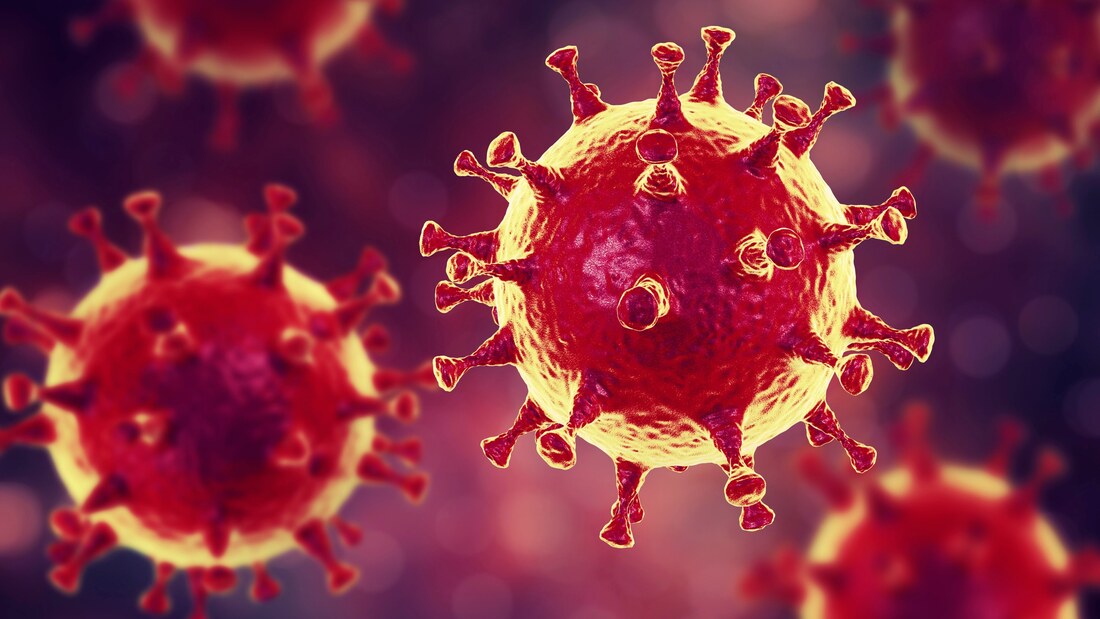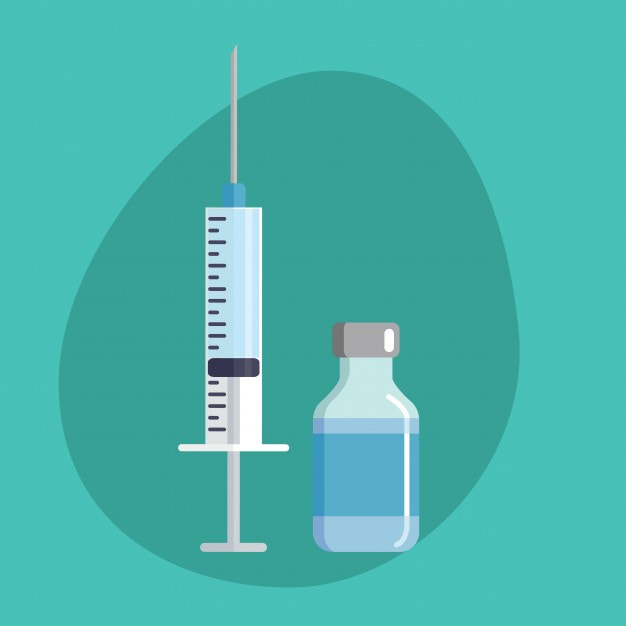|
Interview by: Hannah Lin (CC '23)
The following is a heavily condensed version of the full interview. If you're interested, read more here. Could you describe your research? My lab has always worked on another family of viruses—retroviruses—and, of late, HIV. Two people in my lab chose to switch and start working on the virus, so they have picked up on two projects. Both of them have to do with screening chemical libraries for drugs. One of the ways you can do that is by looking at a particular function of the virus and looking for inhibition of that function. We have a history of that—we’ve worked in the retrovirus world on an enzyme called reverse transcriptase, a key enzyme for the virus. In a way, the analogous replication enzyme for SARS-CoV-2 is an RNA polymerase that the virus encodes. The 2 projects: 1. Expressing the enzyme in bacteria and screening for inhibitors. The aim has been to make large quantities of this polymerase, and now we’re ready to start screening chemical libraries for inhibitors.
systems are very handy because you can test for inhibition of that replication, which reads out most of the important steps in the virus replication.
Right now, we have built our genomes that we think are going to work as replicons. They’re based on very analogous ones that were generated 15 years ago for SARS—the original SARS. We think they should work in the same way. We’re putting those into cells tomorrow. What are some misconceptions that you’ve seen regarding COVID-19, and how would you respond to or rectify those perspectives? Boy, I don’t know what all the misconceptions could be out there. They come in all flavors. There are some people who are deniers, who don’t believe it exists or that it’s a problem, don’t believe it’s contagious, don’t believe they’re going to get it, not following the guidelines of keeping separate--I suppose that would be the worst. It’s a virus, it’s very contagious--that we know. It has a pretty high frequency of being serious. It’s going to be around for a while, and it’s definitely a problem. How have you seen the scientific environment change in terms of attitude or collaboration? In general, the biggest change is that everything has stopped. Everything that’s not this virus, in terms of all the science you could think of that’s going on in the whole country has stopped. So that’s a huge change. In terms of the work going on with the virus itself, I think it’s amazingly fast; people have really committed to rapid progress, and people are collaborating and sharing very openly, more than ever. What is your perspective on the future? In terms of treatments, they will be coming online as soon as we can manage. I think there will be inhibitors, drugs like the ones we’re looking for. It’ll take months, maybe a year, to get them approved and in common usage.
0 Comments
Your comment will be posted after it is approved.
Leave a Reply. |




